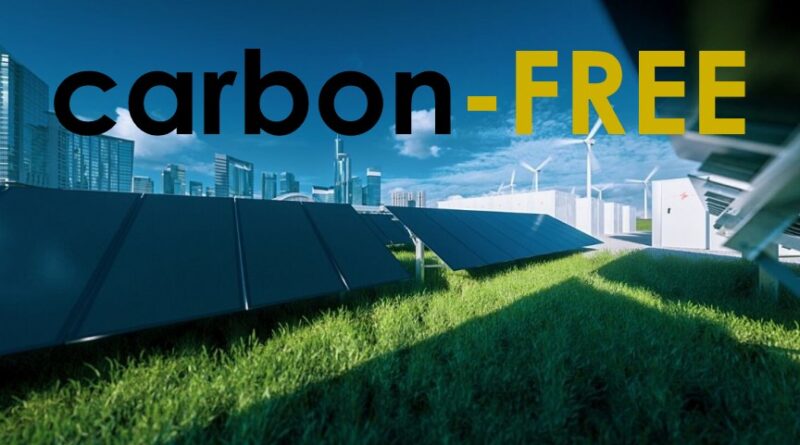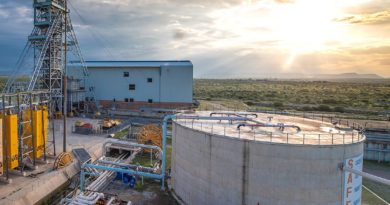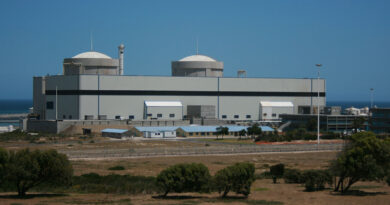Tharisa sets decarbonisation targets: carbon net neutral by 2050
Tharisa, the platinum group metals and chrome co-producer dual-listed on the Johannesburg and London stock exchanges, has been reviewing its operations with respect to establishing a corporate plan to reduce its carbon emissions while continuing to grow its operations in producing metals that are needed to affect the energy transition away from fossil fuels and deliver the decarbonisation of economies.
Tharisa’s management is committed to reduce its carbon emissions by 30% by 2030 (from its 2020 financial year (FY2020) baseline which uses 2019 data) and the development of a roadmap is continuing to net carbon neutral by 2050 (Decarbonisation Targets).
Investment decisions taken by Tharisa’s board will be informed by this Decarbonisation Targets, alongside the current financial investment criteria. Furthermore, this roadmap being developed will ensure that the pre-defined Decarbonisation Targets are achieved through the deployment of numerous sustainability initiatives.
The first step on this journey for Tharisa has been to establish a robust baseline for current operations.
The Company will be using the FY2020 results as the baseline for its Decarbonisation Targets and will use both the relative carbon intensity and absolute carbon intensity measurements due to the significant growth that the Company envisages over the coming years.
In ensuring that the growth of the Company does not affect the Decarbonisation Targets, numerous sustainability initiatives are being developed and some are in advanced stages and will be implemented within the next 24 months.
This decarbonisation plan is one part of our broader sustainability programme. The reduction in emissions from the baseline established for scopes 1, 2 and 3 emissions (see definitions below1) will be disclosed on a periodic basis alongside our financial results. Tharisa aims to generate and utilise renewable electricity and to reduce the use of electricity produced from fossil fuel and enable electricity grid power purchases to be optimised. It will also look to reduce the carbon intensity of fuels used in its truck fleet as vehicles come to be replaced, taking advantage of advances in alternative fuels, including hydrogen and battery electric drivetrains.
Recognising that what lies ahead is an energy transition, major projects in the first phase of emissions reduction will include the introduction of natural gas and biodiesel as fuel components. In addition, the use of solar power generation technology alongside traditional electricity storage capacity and in house innovations are being investigated.
The Decarbonisation Targets are one part of its broader sustainability programme, and Tharisa will announce a further detailed framework within FY2022.




